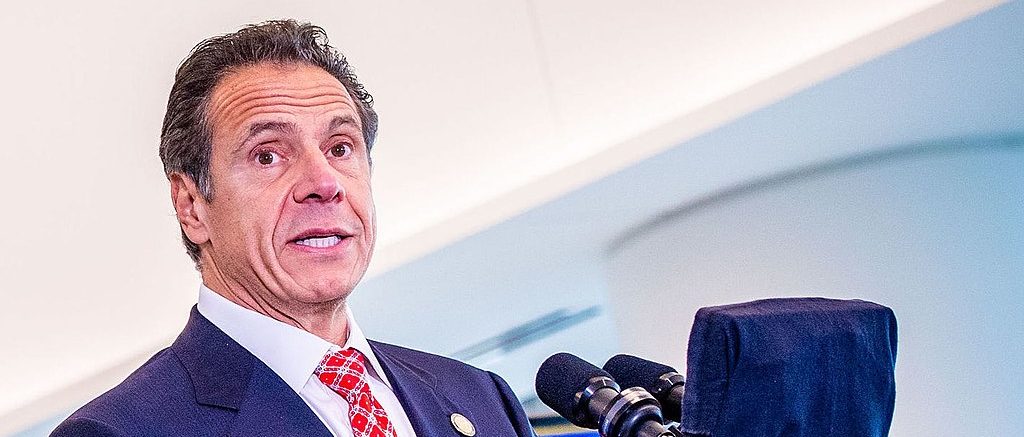Sanofi's $20 Billion US Investment Sparks Criticism from French Finance Minister

Paris – France's Finance Minister Bruno Le Maire has voiced concerns over Sanofi's decision to invest a significant $20 billion in the United States over the next decade. The move, announced recently, has drawn criticism as France actively seeks to encourage domestic investment and retain its leading pharmaceutical companies within its borders.
Sanofi, a major French pharmaceutical company, revealed its ambitious investment plan, allocating at least $20 billion to projects and facilities in the US through 2030. This substantial commitment includes investments in research and development, manufacturing, and potential acquisitions within the American market. The company cited factors like access to talent, innovation ecosystems, and favorable regulatory environments as key drivers behind the decision.
However, Le Maire's reaction highlights a broader concern within the French government regarding the potential outflow of investment and the risk of losing valuable expertise and jobs to foreign countries. “We need to create the conditions so that our champions, like Sanofi, choose France,” Le Maire stated, emphasizing the need for France to become a more attractive destination for large-scale investments. He added that the government is actively working on measures to improve the business climate and encourage companies to prioritize domestic investment.
This situation underscores the ongoing competition between nations to attract foreign direct investment (FDI). While Sanofi’s investment will undoubtedly create jobs and stimulate economic growth in the US, it raises questions about the potential impact on France’s own economy and its ability to maintain its position as a hub for pharmaceutical innovation.
Analysts suggest that Sanofi’s decision is a complex one, driven by a combination of strategic considerations. The US market represents a significant opportunity for growth, and the company's investments are aimed at strengthening its presence in a highly competitive landscape. Furthermore, access to cutting-edge research and a skilled workforce in the US are crucial for Sanofi’s long-term success.
The French government is now under pressure to respond effectively. This may involve offering incentives, streamlining regulations, and investing in infrastructure to make France a more appealing location for businesses. The goal is to demonstrate that France can provide a supportive and competitive environment for companies like Sanofi to thrive, ultimately encouraging them to prioritize domestic investment over international expansion.
The debate surrounding Sanofi’s investment highlights the broader challenges faced by European nations in retaining their leading companies and attracting investment in a globalized economy. It also underscores the importance of proactive government policies in fostering a favorable business climate and ensuring that companies choose to invest in their home countries.





